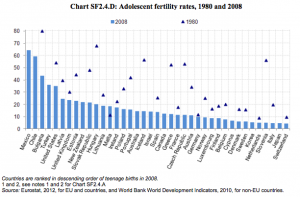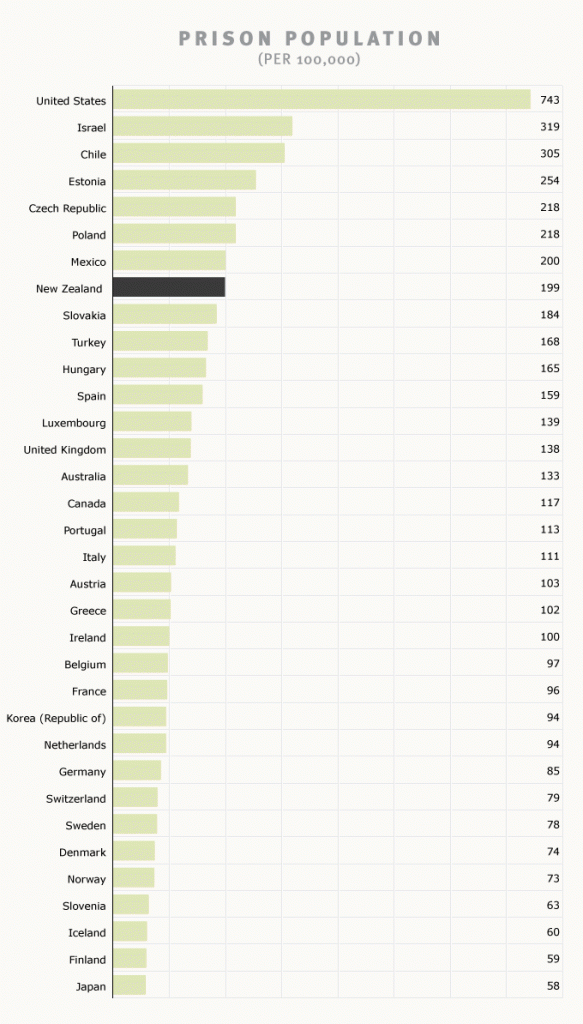Stat of the Week Competition: November 23 – 29 2013
Each week, we would like to invite readers of Stats Chat to submit nominations for our Stat of the Week competition and be in with the chance to win an iTunes voucher.
Here’s how it works:
- Anyone may add a comment on this post to nominate their Stat of the Week candidate before midday Friday November 29 2013.
- Statistics can be bad, exemplary or fascinating.
- The statistic must be in the NZ media during the period of November 23 – 29 2013 inclusive.
- Quote the statistic, when and where it was published and tell us why it should be our Stat of the Week.
Next Monday at midday we’ll announce the winner of this week’s Stat of the Week competition, and start a new one.


